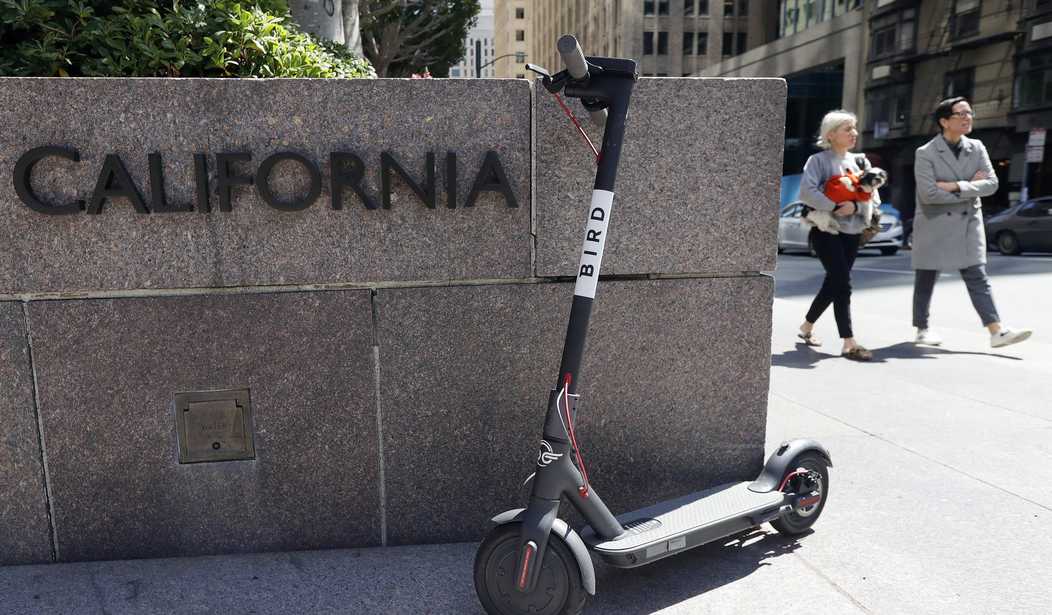Scooter Bird Rides Inc. will not be happy about this article. In fact, they sued the website BoingBoing for even discussing the same subject.
Electric scooters from Bird have proliferated across cities. They are left on sidewalks and in front of doorways and have become a nuisance and eyesore. Riders have injured themselves and broken laws, including riding on sidewalks and hitting pedestrians. Rather than working with officials, many of these companies simply placed the scooters randomly around city streets, essentially asking for forgiveness later rather than permission first.
Once riders come across a scooter, they can easily unlock and use it by downloading an app, entering a credit card, and then leaving the scooter wherever they finish using it.
As a result, many of the cities where Bird and other brands are operating have impounded the scooters when laws are broken, and then made them available for sale or auction because it’s not worth the cost for the scooter companies to pay a fine to retrieve them. While scooters cost about $400 and up when new, they’re often auctioned off for a small fraction of that amount.
BoingBoing, one of the Internet’s leading sources of news and commentary on popular culture, posted an article explaining how Bird scooters are available for purchase from cities and can be modified with an inexpensive $30 kit so that they can be used without the Bird app and adapted for personal use:
“Now, with hundreds of these scooters abandoned and rotting in impound lots, likely never to be recovered, maybe now is a good time to invest in a $30 scooter “conversion kit”, BoingBoing wrote, explaining that the kits ship directly from China with a plug-and-play to convert one of these scooters to a “personal scooter” with all recovery and payment components permanently disabled.
Apparently, that post didn’t sit well with Bird and they decided to send a takedown letter — a “Notice of Claimed Infringement” — to the journalist, Cory Doctorow, who reported the issue. Bird claims that the Digital Millennium Copyright Act makes it illegal to report this information.
According to the Electronic Frontier Foundation:
The letter is necessarily vague about exactly how the post infringed any of Bird’s rights, and with good reason: the post does no such thing, as we explain in a letter on behalf of Happy Mutants LLC, which owns and operates Boing Boing. The post reports on lawful activity, nothing more. In fact, the First Amendment would have protected it even if reported on illegal conduct or advocated for people to break the law…So, in a sense, it doesn’t matter whether Bird is right or wrong when it claims that it’s illegal to convert a Bird scooter to a personal scooter. Either way, Boing Boing was free to report on it.
Bird cites Section 1201 of the Digital Millennium Copyright Act, which prohibits a user from getting around technologies that lock them out of accessing copyrighted works, such as software or electronic devices. But to convert the scooter for personal use doesn’t require users to unlock the scooter or even access the copywritten works. Instead, they simply exchange the circuit board in the scooter with a replacement.
In their clumsy attempt to prevent this information from getting out through a lawsuit, Bird’s action has called more attention than might otherwise have occurred if they had ignored the post. Now millions are learning how easy it is to acquire an electric scooter for a fraction of what it would normally cost — and it’s all totally legal.









Join the conversation as a VIP Member